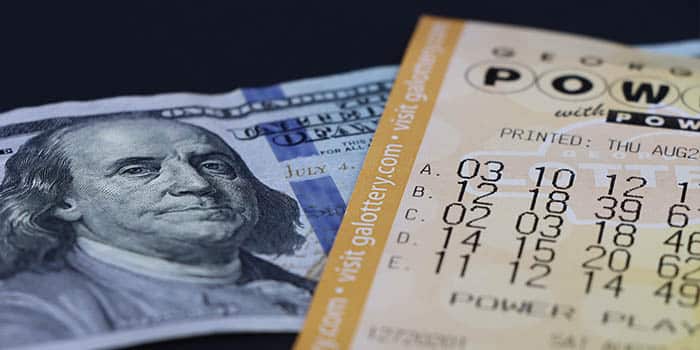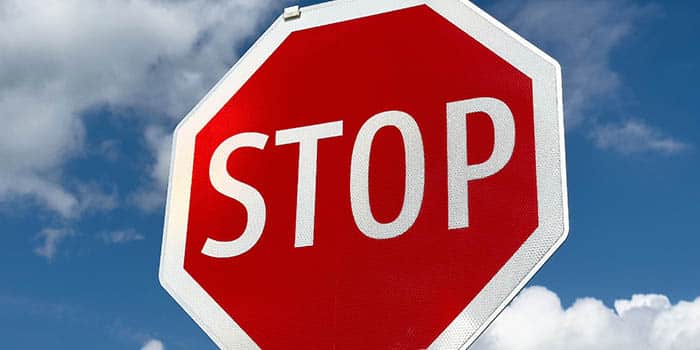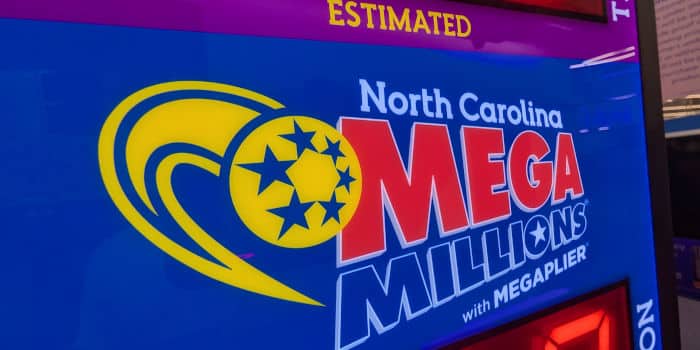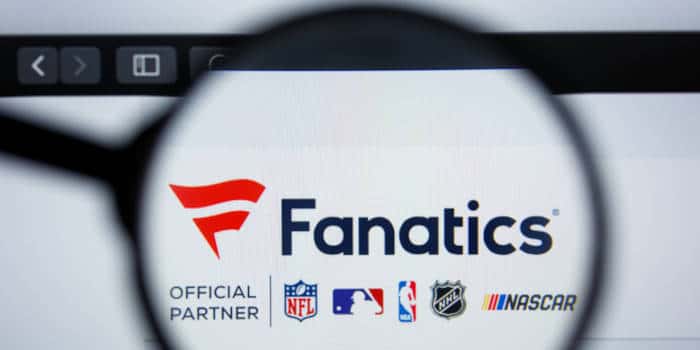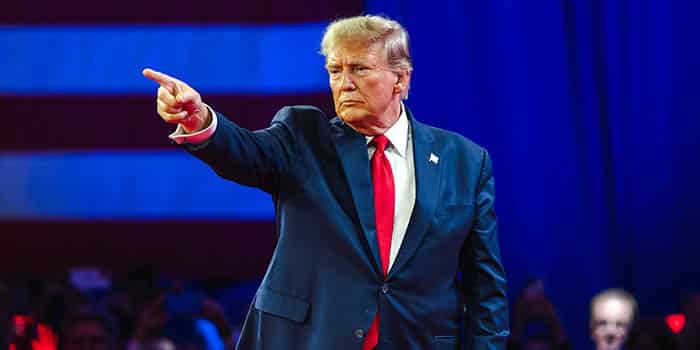Fact-checked by Angel Hristov
Kalshi Draws New Tribal Challenge as Ho-Chunk Nation Files Suit
The prediction platform had drawn significant criticism from tribal gaming operators due to its perceived violations of the Indian Gaming Regulatory Act

The Ho-Chunk Nation has filed a federal lawsuit against online exchange Kalshi, accusing the company and its partner, Robinhood Markets, of running illegal sports gambling operations on tribal lands. The complaint filed Wednesday in the Western District of Wisconsin follows earlier actions by California tribes and draws attention to the mounting tribal resistance to Kalshi’s growing prediction market business.
The Lawsuit Alleges That Kalshi Violates Tribal Gaming Compacts
Kalshi describes itself as a financial exchange where individuals buy and sell “event contracts” tied to the outcomes of real-world events. The service, which recently added support for Robinhood’s platform, allows traders to place bets on a diverse selection of events ranging from election results to sports game outcomes. Kalshi asserts its model falls under the Commodity Exchange Act (CEA), which governs derivative markets.
The Ho-Chunk Nation disagrees, alleging in its 89-page filing that Kalshi’s contracts on sports events are indistinguishable from the services offered by traditional sportsbooks. The tribe contends such offerings fall under Class II gaming services and thus violate the Indian Gaming Regulatory Act. This law gives tribes control over gambling on their lands via negotiated compacts with individual states.
18-year-old high school students across the United States, including some located on Indian reservations, are on their phones placing bets on the outcome of virtually every sporting event occurring across the globe.
Ho-Chunk Nation statement
This newest legal action follows a previous lawsuit in California federal court by a coalition of tribes. This joint effort similarly accused Kalshi and Robinhood of illegal business practices, alleging that the platforms offered sports betting under the guise of event trading. The tribes note that such contracts undermine tribal sovereignty and violate federal law.
Prediction Platforms Face Rising Scrutiny
The Ho-Chunk Nation contends that Kalshi’s sports-related contracts fall outside the scope of the CEA and must be barred on or near Indian lands. Several tribes have expressed fears that prediction markets operating in a legal grey area could undermine Indian gambling operations and damage a vital revenue source for tribal communities.
The Nation seeks an order from the Court enjoining Kalshi from conducting its illegal sports gambling operation. In addition, the Nation seeks a permanent injunction enjoining Kalshi’s illegal gambling on its Indian Lands.
Ho-Chunk Nation statement
This court challenge adds to Kalshi’s growing legal troubles. The platform remains locked in a dispute with the Maryland regulator, while Nevada has also intensified its efforts against the company. Meanwhile, Robinhood has filed separate lawsuits against the New Jersey and Nevada gaming authorities as the two states sought to block the platform’s products.
The Ho-Chunk Nation lawsuit adds to the pressure for a company that is already balancing regulatory scrutiny with efforts to expand its market share. While the company enjoys the support of influential figures such as Donald Trump Jr., Kalshi’s core model now faces rising scrutiny as prediction markets rise in popularity, yet remain shrouded in legal ambiguity.
Deyan is an experienced writer, analyst, and seeker of forbidden lore. He has approximate knowledge about many things, which he is always willing to apply when researching and preparing his articles. With a degree in Copy-editing and Proofreading, Deyan is able to ensure that his work writing for Gambling News is always up to scratch.
